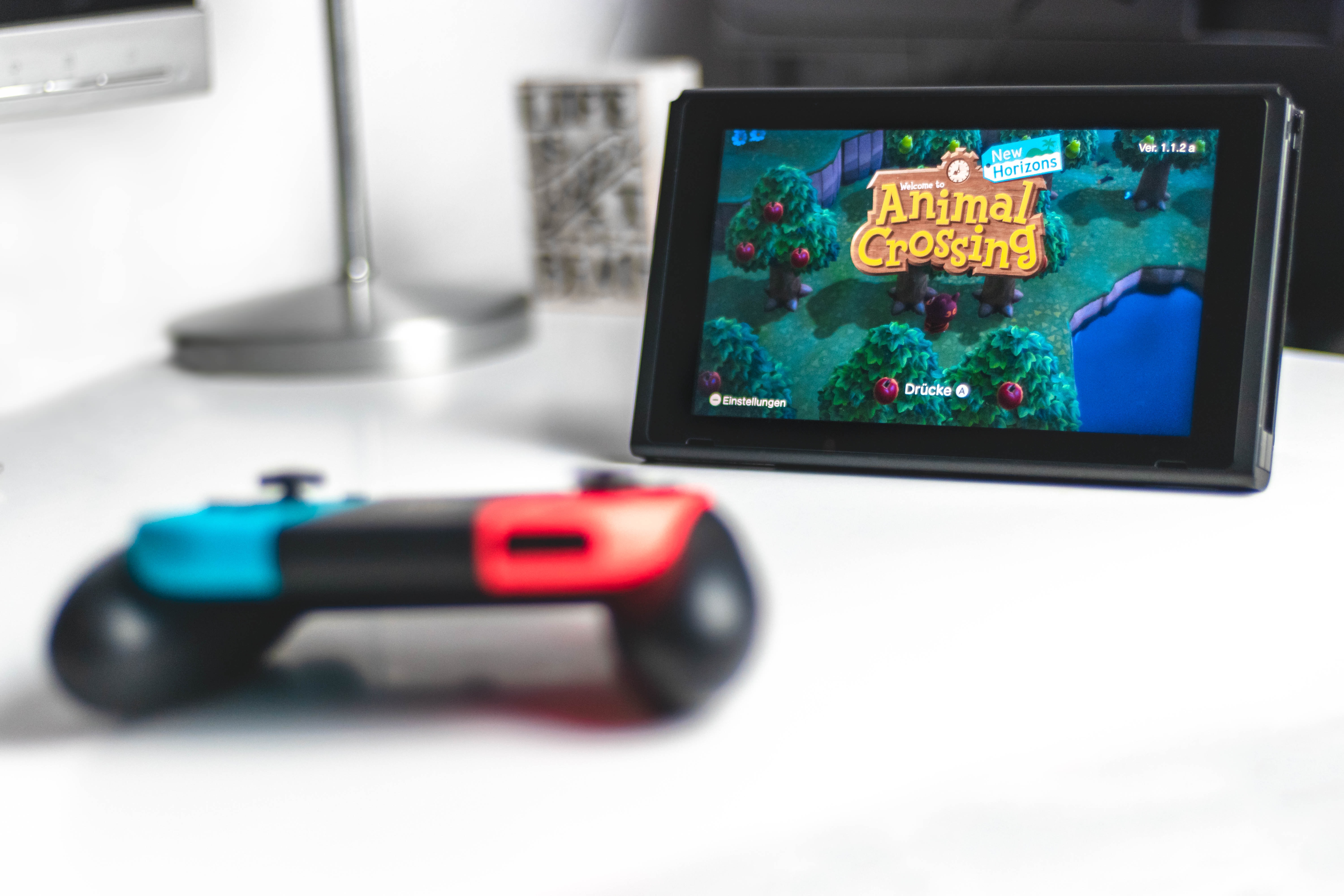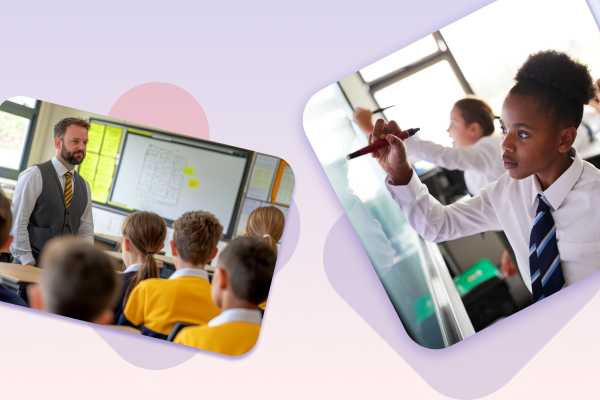

When learning a second language, playing video games sounds like a dream way to learn. Certainly, more interesting that memorising grammar! In this article, we look at how two of the largest video games, The Sims and Animal Crossing, might help you learn a second language. Then, we look at the science behind learning languages through video games.
The Sims
No, we’re not talking about learning Simlish! Although, this is a language which is inspired by Ukrainian, French, Latin, Finnish, Fijian, English and Tagalog and practising Simlish may help learners with pronunciation in other languages.
Just speaking gibberish can help EAL learners to practise English intonation and is a great starter activity for Drama, as students learn to express emotions through their intonation rather than the words themselves they are using. We have more Drama activities to practise intonation here.
The Sims could also help language learning because the games are centred around everyday language.

Animal Crossing: New Horizons
How about another popular video games, Animal Crossing? These games provide lots of dialogue for players as they interact with villagers in their town. It’s also possible to invite players from around the world to your village. For safe-guarding purposes, we strongly recommend that access codes should only be given to people you know. However, if your pupils have language partners, an activity such as chatting on Animal Crossing may be a fun way to develop their language skills with a native speaker in real time.
Animal Crossing also celebrates cultural events around the world. Players can learn more about festivals celebrated by speakers of their target language.

Can you learn languages through video games?
Research shows that video games can improve language learning, in addition to grammar and vocabulary lessons. In particular, video games can help learners learn fillers, idiomatic expressions and culture.
However, it is important that language learning is within the zone of proximal development. Vygotsky’s method states that learning progresses best when the content is slightly more complex than their current knowledge of vocabulary and grammar. Therefore, for many school pupils, video games fully in their target language may be too complex.
Conclusion
Video games can help language learning feel more purposeful, relevant and connected to the outside world. However, in may be difficult to find target-language versions of games and connect with players who speak the language being learnt.
A solution may be FlashAcademy® which makes vocabulary learning fun by contextualising what has been learnt through dialogues and games. The games test pupils on vocabulary in the category they have learnt, thus they are learning vocabulary in the zone of proximal development. There is also a competition element as pupils try to reach the top of the class leaderboard.

